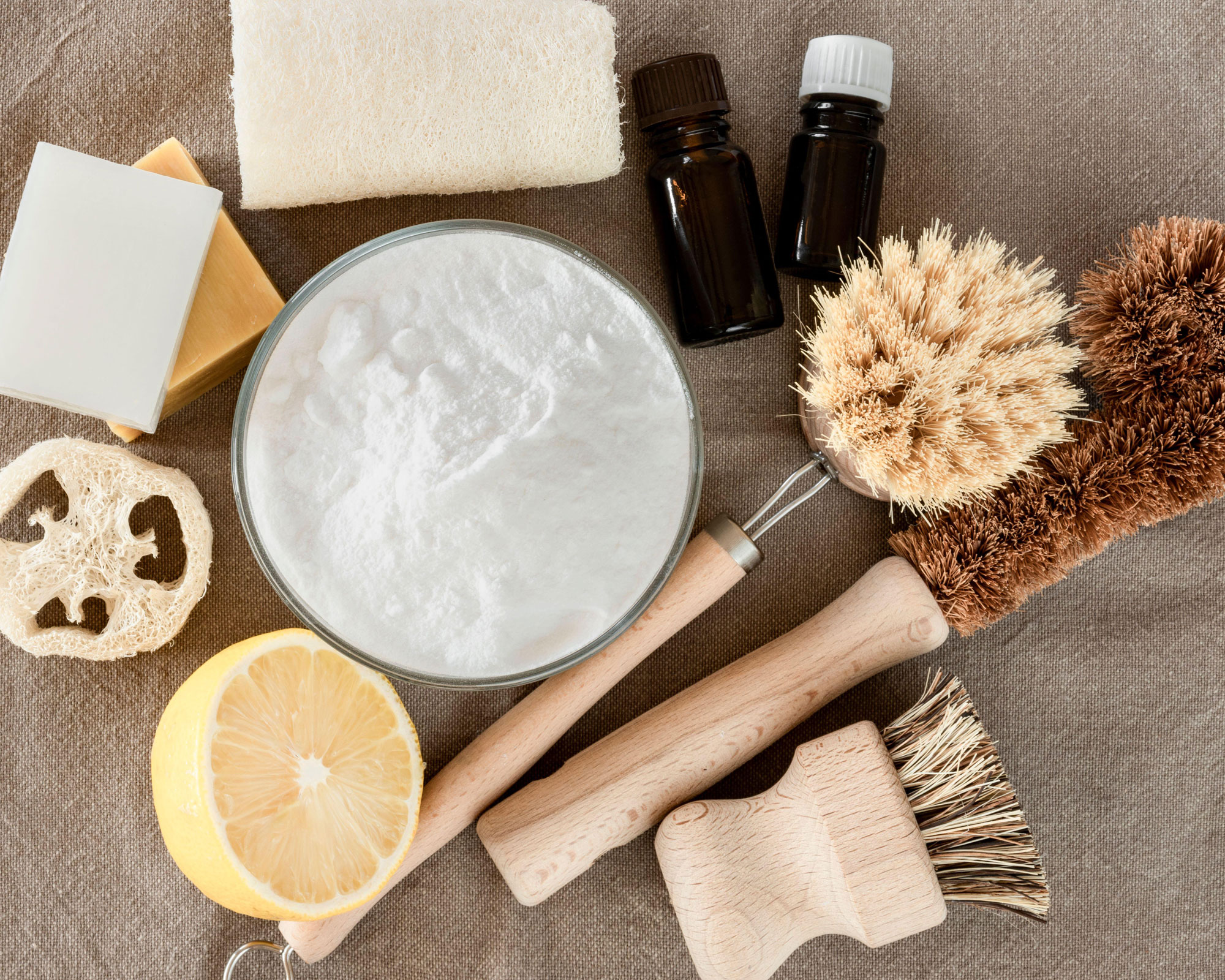Natural Cleaning for Allergy Sufferers

For the millions of people who suffer from allergies or asthma, household cleaning can be a double-edged sword. While a clean home reduces allergens like dust mites and pet dander, many commercial cleaning products contain chemicals that can trigger or worsen allergic reactions. The solution? Natural cleaning methods that eliminate allergens without introducing new irritants.
Common Cleaning Product Allergens
Many conventional cleaning products contain ingredients known to trigger allergic reactions or asthma attacks:
- Fragrances: One of the most common triggers, found in nearly all scented products
- Volatile Organic Compounds (VOCs): Found in aerosol sprays, disinfectants, and air fresheners
- Ammonia: Can irritate respiratory passages
- Chlorine bleach: A potent respiratory irritant
- Quaternary ammonium compounds ("quats"): Found in many disinfectants and fabric softeners
Allergy-Friendly Natural Cleaning Solutions
These natural alternatives effectively clean while minimizing allergic reactions:
1. Dusting Solutions
Dust is a major allergen trigger. Instead of chemical-laden dusting sprays:
- Use microfiber cloths dampened with water - they trap dust effectively
- For wood surfaces, mix 1 tsp olive oil with 1/2 cup white vinegar in a spray bottle
- Add a few drops of lemon essential oil (if tolerated) for fresh scent
2. Floor Cleaning
Floors harbor dust, pollen, and other allergens:
- For tile and vinyl: mop with hot water and 1/4 cup white vinegar per gallon
- For hardwood: use a barely damp mop with 1 tsp castile soap per gallon of water
- Vacuum regularly with a HEPA filter vacuum to trap allergens
3. Bedding and Upholstery
Dust mites thrive in bedding and fabrics:
- Wash bedding weekly in hot water (130°F or higher) with fragrance-free detergent
- Add 1/2 cup baking soda to the wash cycle to help eliminate odors
- For upholstery, sprinkle baking soda, let sit 15 minutes, then vacuum thoroughly
4. Air Purification
Improve indoor air quality naturally:
- Place bowls of baking soda around the house to absorb odors
- Use beeswax candles which help neutralize allergens (avoid paraffin candles)
- Keep houseplants like peace lilies or spider plants that help filter air
Special Considerations for Asthma
Asthma sufferers need extra precautions when cleaning:
- Avoid strong essential oils like eucalyptus or peppermint which can trigger attacks
- Clean in well-ventilated areas - open windows when possible
- Wear a mask when dusting or using any powdered cleaners
- Consider having someone else do the vacuuming, as it stirs up allergens
Creating an Allergy-Safe Cleaning Routine
Implement these habits for an allergen-reduced home:
- Clean frequently to prevent allergen buildup
- Use a HEPA filter in your vacuum and HVAC system
- Wash cleaning cloths and mop heads regularly in hot water
- Store cleaning solutions in clearly labeled containers
- Keep humidity between 30-50% to discourage dust mites and mold
Key Takeaways:
- Many commercial cleaners contain allergens and respiratory irritants
- Natural alternatives like vinegar, baking soda, and castile soap are safer options
- Special cleaning techniques can reduce dust mites, pet dander, and other allergens
- Asthma sufferers need additional precautions when cleaning
- Consistent cleaning routines and proper tools help maintain an allergy-friendly home
